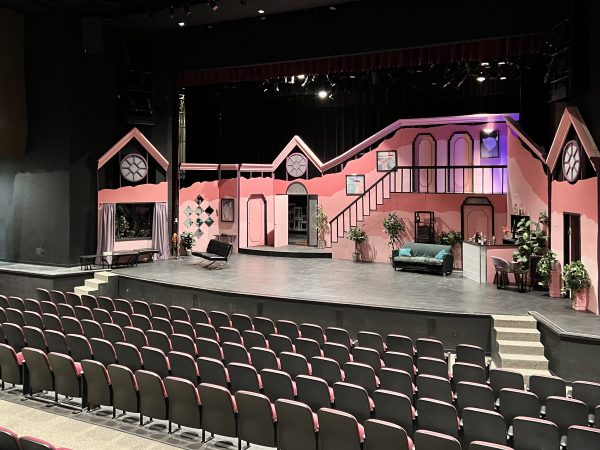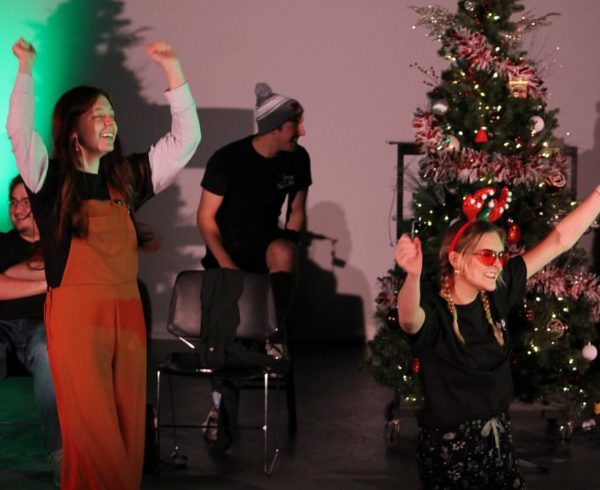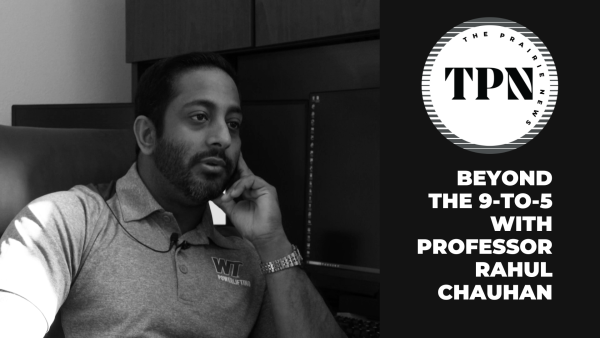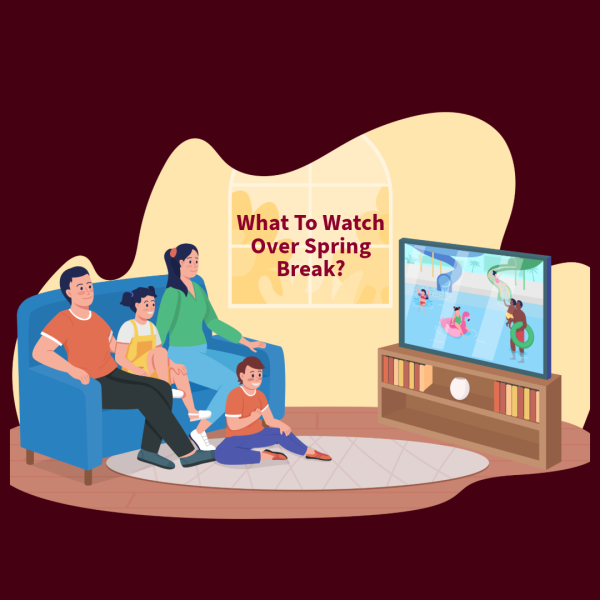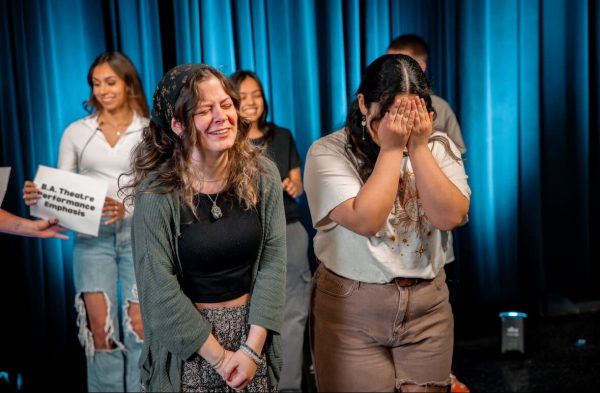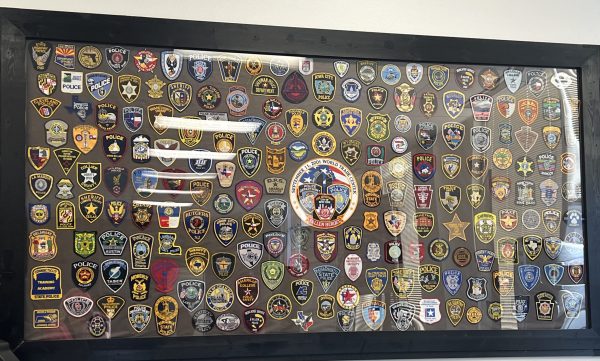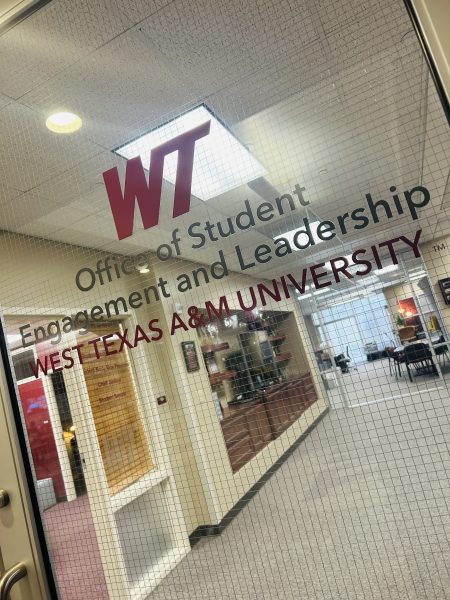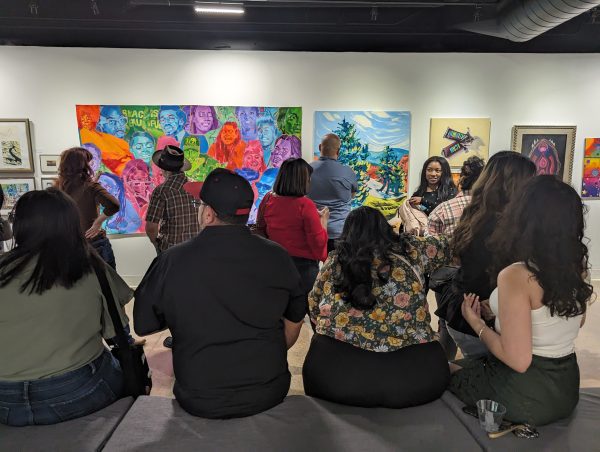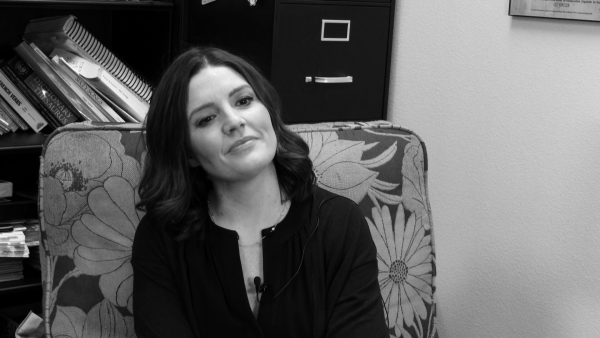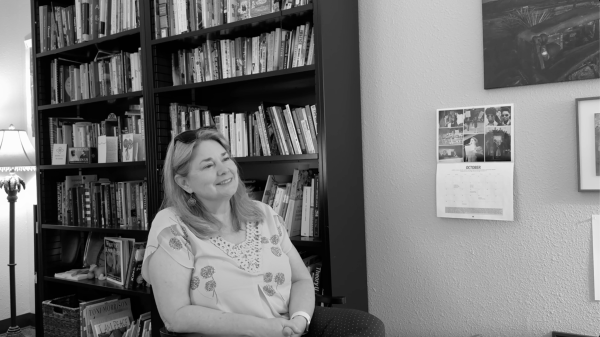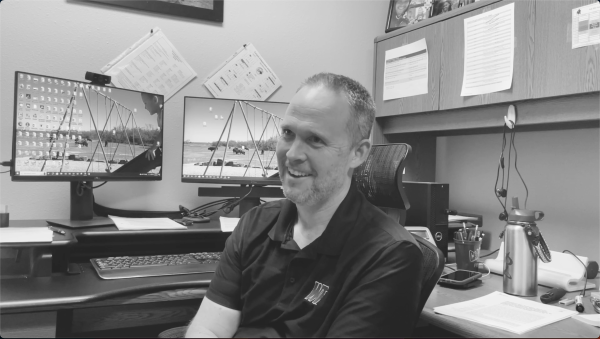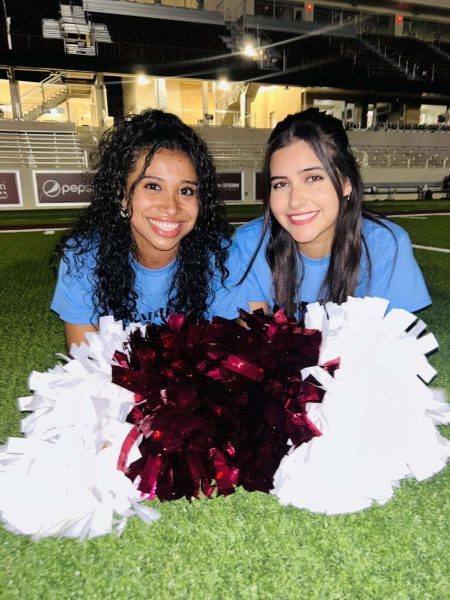Diversity week asks: Won’t you be a neighbor?
The Office for Diversity and Inclusion hosted a viewing of “Won’t You Be My Neighbor”, Morgan Neville’s critically acclaimed documentary on famous children’s television star Fred Rogers, at the Alumni Banquet Center on Sept. 26. The viewing was followed by a panel discussion lead by three professors with various backgrounds in child education and diversity.
Showing a movie to mark the end of Diversity Week is an annual tradition, but when asked why they chose a Mr. Rogers film, Amanda Rogers, assistant in the office for diversity and inclusion, said: “It just seemed like we couldn’t find a movie… There were so many heavy movies that dealt with diversity. And shortly after… the week of the El Paso Walmart shooting, we were like, ‘we really have got to come up with a movie’. And I had seen this movie before and I just thought, ‘it feels like a hug to me’… And I thought that’s what our students need.”
“I was nervous because I didn’t know if they would know who Mr. Rogers is, or if they would care who Mr. Rogers is,” Rogers said. “But it does cover so many areas of diversity. I knew that we would hit several segments of our student population. But I also knew that our students needed that hug feeling, instead of reminding them how bad everything is; that we can remind people that there’s always, like Mister Rogers said… a helper.”
Attendance was indeed sparse, with most students showing up as members of specific diversity-oriented organizations. But the panel discussion evinced that, although most of the students did not grow up with Mr. Rogers, he was still able to have a profound and positive impact on them. Many of them would go on to tell the panelists that they were encouraged by his words and his life.
Dr. Kristina Drumheller, a professor in the Department of Communication and the department head of History began the panel discussion, using the frequent use of labels in the film as a starting point.
“We use labels so frequently to malign people or to put them in boxes or to decide who they are,” Drumheller said. “And some of Mr. Rogers message of ‘I like you just the way you are’, our friends in the LGTBQ community don’t hear that. They hear, ‘we like you and we love you if you fit into our box, if you fit into gender and sexual norms. And if you don’t, we want you to change or we want you… to be different, or we kick you out of homes’, or things like that, that are obviously horrid for our communities.”
The panel members went on to discuss everything from bigotry and the lack of civil conversation on topics like politics and religion in our daily lives, to the Trump era and how Mr. Rogers might have dealt with our current social problems.
“We are up against an everyday world of battles of discrimination, and mostly those self-imposed issues of our own worth and our own mistakes. And I feel like Mr. Rogers was a brilliant creator of bringing dialogue that was very difficult for that time period out into the light,” said panel member Dr. Yvette Castillo, associate professor in the College of Education and Social Sciences. “What I really feel this particular film emulates and really illustrates is the power of self-worth, and the power of a community that reinforces self-worth.”
During his life, Mr. Rogers dedicated his time and energy to creating an inclusive community that would not only protect and foster children as they learned, but also give them an inspirational space to do so in peacefully. He did this through television.
Panel member Dr. Frank Goode, assistant professor in the College of Education and Social Sciences, stressed what Mr. Rogers believed about media.
“The things he was saying about television and the power of television. Think about social media now, it’s the same thing,” Goode said. “The power to build community or let it tear us apart.”
Goode also discussed the place diversity has in the United States, especially in an academic setting, calling being “colorblind” in the classroom “compost.”
“None of us are [colorblind],” Goode said. “It’s okay to notice color. It’s okay to notice gender differences… And acknowledge that and honor those people. We shouldn’t be ashamed of noticing, as long as we’re honoring them.”
As the panel discussion came to an end, Castillo said, “I think what [Mr. Roger’s Neighborhood] also illustrated was human dignity and the human condition… We’re really talking about human dignity overall and love. This universality of love.”
Mr. Rogers, himself, puts it very succinctly in the film: “Love is at the root of everything. All learning. All parenting. All relationships. Love or the lack of it.”
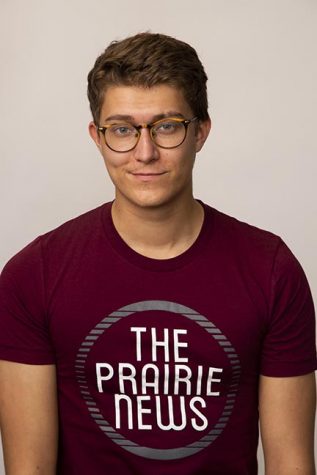
English-speaking, American-born European from Germany studying English at WTAMU in order to one day become the next person to aspire to be a great author.



